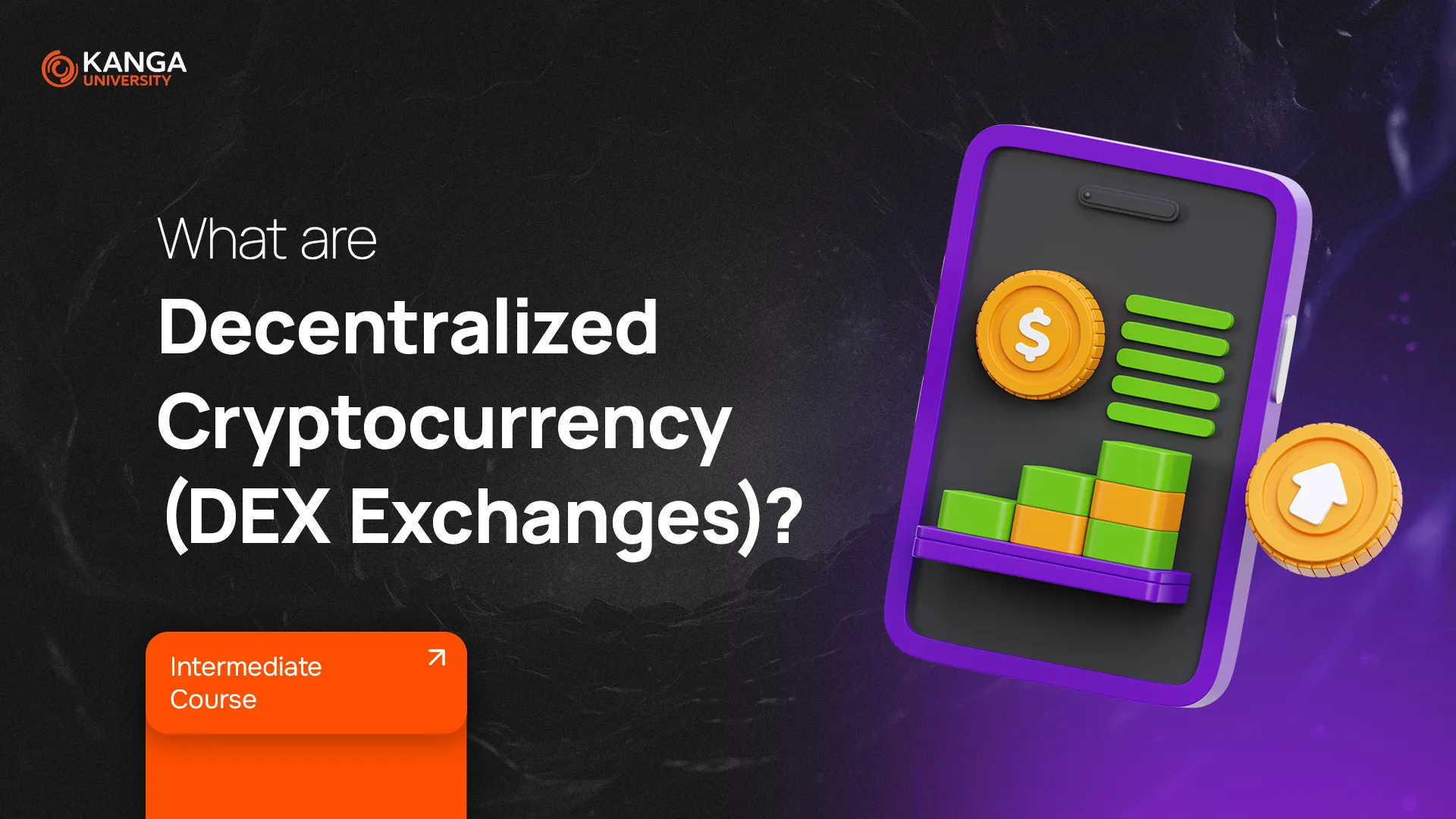
A few years ago, most crypto trades happened on centralized platforms like Binance or Coinbase. But today, more and more users are turning to DEXs, or Decentralized Exchanges — platforms where you trade crypto without handing over your funds or identity to a third party.
So how do DEXs work, why are they gaining popularity, and what are their pros and cons? Let’s break it down.
What is a DEX?
A DEX (Decentralized Exchange) is a platform that lets you trade cryptocurrencies directly with other users, without any centralized authority in charge. There’s no company holding your assets — everything runs automatically through smart contracts on a blockchain.
Here’s what that means in practice:
-
No account needed – you don’t register or complete identity checks (KYC)
-
You keep full control of your funds – nothing is stored on the exchange
-
Your data stays private – no email, no password, no tracking
How Do DEXs Work?
Instead of relying on traditional order books and matching engines, DEXs use liquidity pools and algorithms to execute trades instantly. You interact directly from your wallet, and the trade happens automatically.
Many DEXs also offer extra earning opportunities, like:
-
Staking – locking your crypto to earn rewards
-
Yield farming – earning income by providing liquidity to others
DEX Pros and Cons
| Pros | Cons |
|---|---|
| Full privacy — no registration, no KYC | No customer support if you make a mistake |
| You control your crypto — nothing stored on the exchange | Lower liquidity than major centralized exchanges |
| More resistant to hacking — there’s no central server to attack | No central authority to resolve disputes or freeze stolen funds |
| Open access — global, decentralized, and censorship-resistant | Smart contract bugs can still be risky |
Are DEXs Truly Decentralized?
While DEXs are designed to be decentralized, it’s important to look closely. Some platforms still rely on oracles (external data providers), or use admin keys to update their code — both of which can introduce centralized points of control.
Still, most reputable DEXs use open-source smart contracts that anyone can inspect. And when those contracts are well-audited and free of backdoors, DEXs are generally much harder to hack than centralized exchanges.
Most Popular DEXs in 2025 (as of November 20, 2025)
1. Uniswap (UNI) The king and veteran of decentralized finance, which is like the world’s largest digital currency exchange. Uniswap is the biggest and most trusted exchange on the Ethereum blockchain and many other networks. Its strength is gigantic liquidity, which guarantees the best exchange rates for thousands of different cryptocurrencies. The key current development is the implementation of the “fee switch” mechanism, designed to redistribute a portion of the revenue directly to UNI token holders.
2. PancakeSwap (CAKE) The most popular DEX outside the Ethereum world, which is like a complete DeFi trading and entertainment center on the BNB Chain. Known for low fees and a very user-friendly interface. In addition to simple token swaps, the platform offers a host of extra features, such as yield farming, lotteries, and an NFT marketplace, making it a complete DeFi entertainment hub. The latest update focused on automating yield farming strategies to further simplify life for users.
3. Jupiter (JUP) An essential tool for every Solana user. Jupiter is not a typical exchange but an intelligent “aggregator”—a search engine for the best prices, acting like a flight price comparison engine, but for cryptocurrencies. When you want to make a trade on Solana, Jupiter automatically scans all other DEXes and finds the most favorable, multi-step route for your transaction. It is the gateway to the entire Solana ecosystem.
4. Aerodrome Finance (AERO) The new star and largest DEX on the rapidly growing Base blockchain. Aerodrome is like a powerful magnet attracting liquidity to the entire Base ecosystem. Its mechanism for rewarding liquidity providers is extremely efficient, drawing huge capital and making new projects on Base choose this exchange for their token debut. Its rise in the rankings demonstrates the rapid growing importance of the Base layer.
5. dYdX (DYDX) The exchange for professionals and fans of advanced trading, which is like Wall Street in a decentralized version. dYdX specializes in leveraged trading and perpetual contracts. Unlike simple exchanges, it offers advanced tools known from traditional exchanges (order book, limit orders), but in a fully decentralized and anonymous environment. The migration to its own dedicated blockchain is underway, aimed at increasing its performance to match centralized exchanges.
6. Curve (CRV) The specialist in stability and large transactions, which is like a gigantic, precise exchange table designed for coins of similar value. Curve is a DEX optimized for swapping stablecoins (e.g., USDC for USDT). Thanks to a unique algorithm, it allows trading of huge amounts with minimal price slippage, making it the favorite of “whales” and funds.
7. Raydium (RAY) The power engine of the DeFi ecosystem on Solana. Raydium is the key DEX on Solana, combining the speed of an Automated Market Maker (AMM) with the efficiency of a traditional order book. This allows for lightning-fast transactions at very low costs, ideal for quick trading and the popular memecoins on Solana.
8. Orca (ORCA) The most user-friendly DEX on Solana. Orca has always focused on simplicity and an intuitive interface, making it the ideal place for those starting their DeFi journey on Solana. It is the easiest gateway to decentralized trading, offering simple tools for swapping and providing liquidity.
9. Hyperliquid The leader in next-generation leveraged trading. Hyperliquid is an incredibly fast and efficient DEX for perpetual contract trading that gained massive popularity due to its performance. Its strength is its own dedicated blockchain, allowing transactions to be processed at a speed comparable to centralized exchanges while maintaining full self-custody of funds.
10. 1inch (1INCH) Your personal search engine for the best deals across all of DeFi. Similar to Jupiter on Solana, 1inch is a DEX aggregator operating on Ethereum and many other networks. Instead of manually checking prices on Uniswap, SushiSwap, or Curve, it automatically splits your order into several smaller parts and executes them across various exchanges, guaranteeing the best possible final price and eliminating slippage issues.
Summary
If you value privacy, self-custody, and global access, DEXs are worth exploring. They let you trade directly from your wallet, without giving up your funds to a company or passing KYC checks.
But freedom comes with responsibility. If something goes wrong, there’s no support ticket. You’re your own bank — which is empowering, but also requires caution and knowledge.
